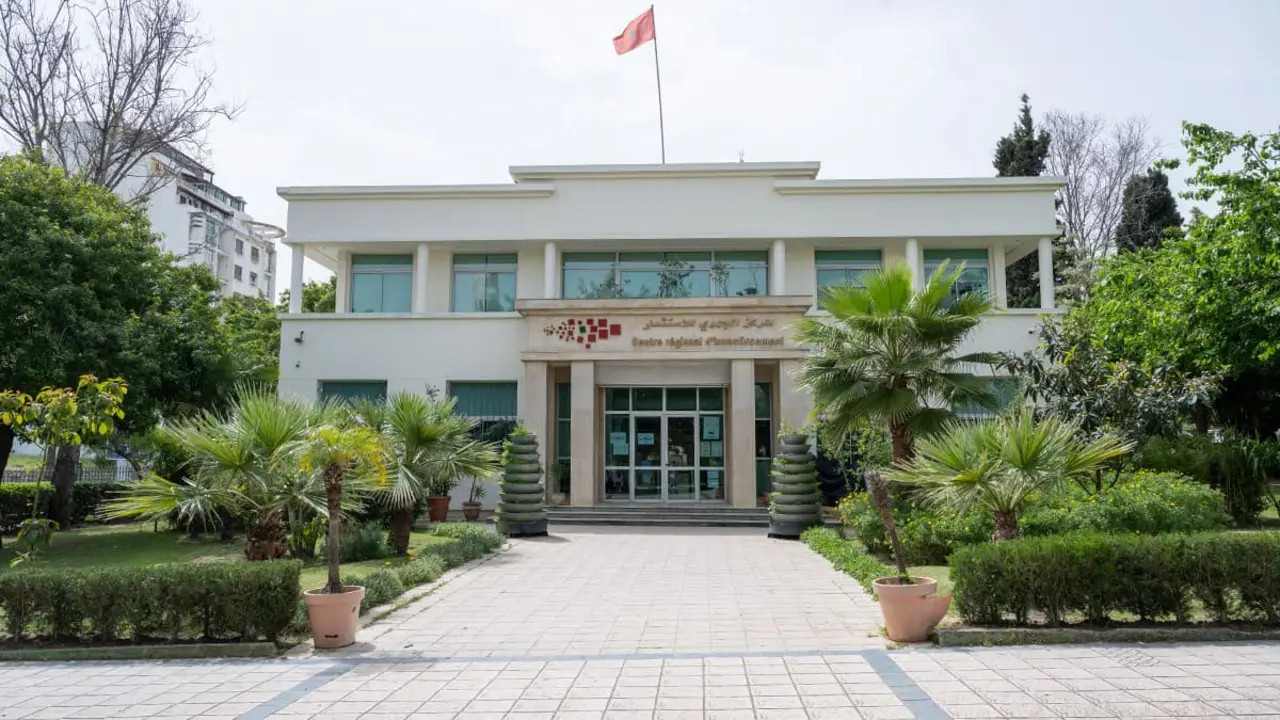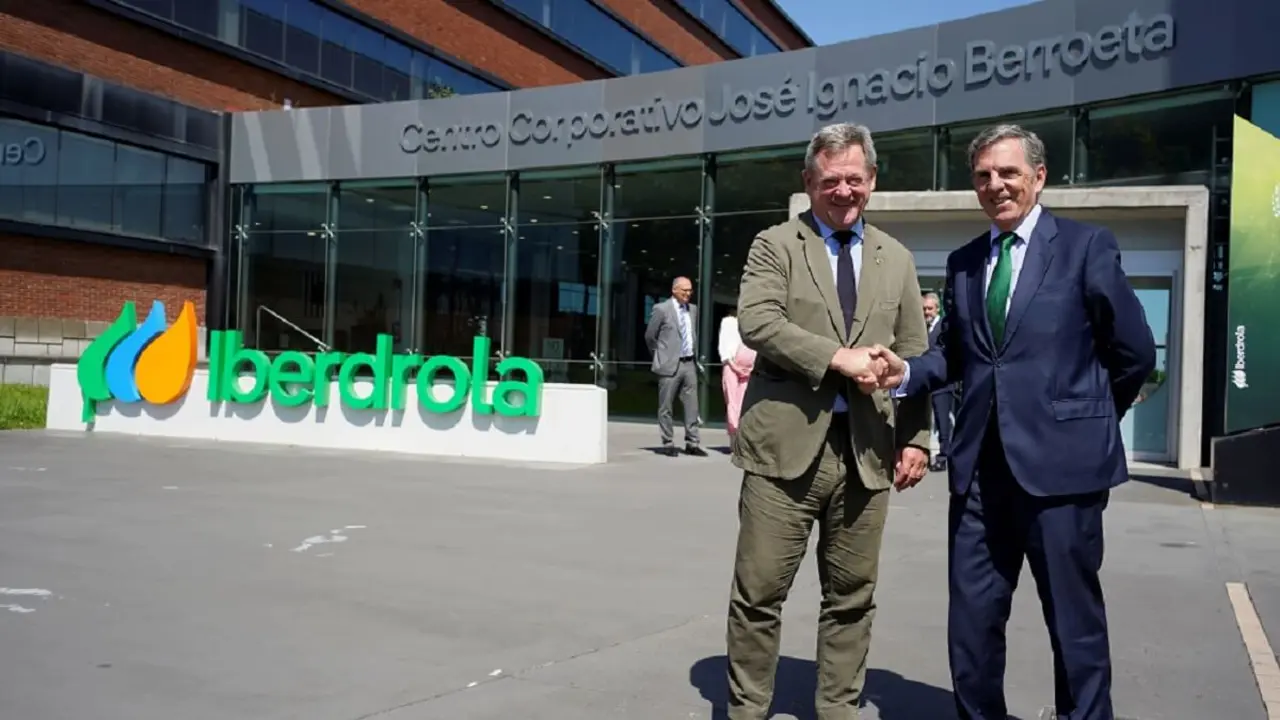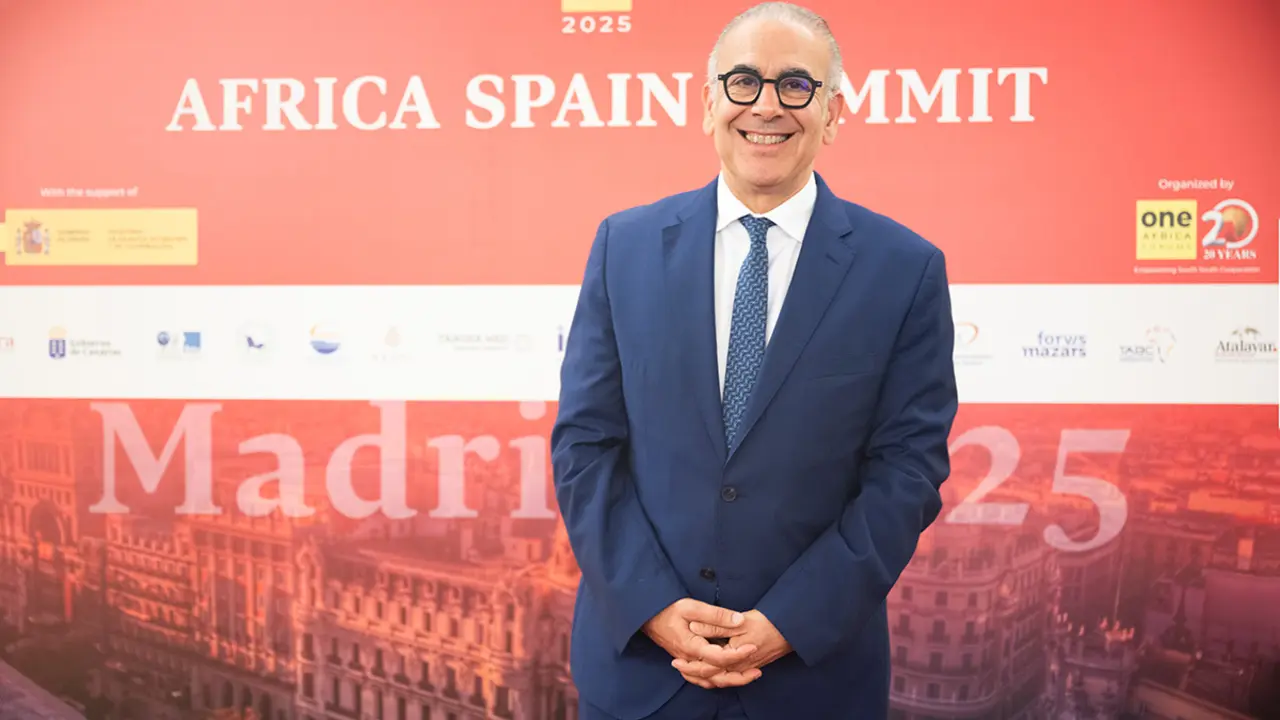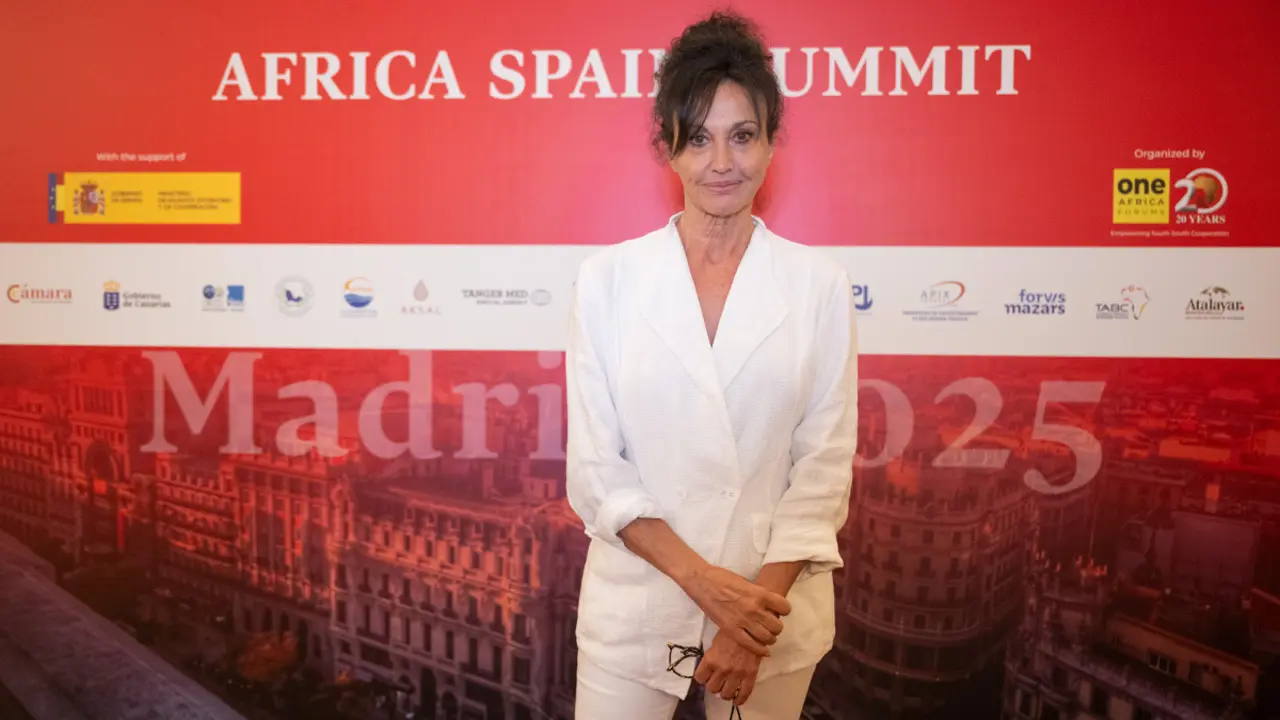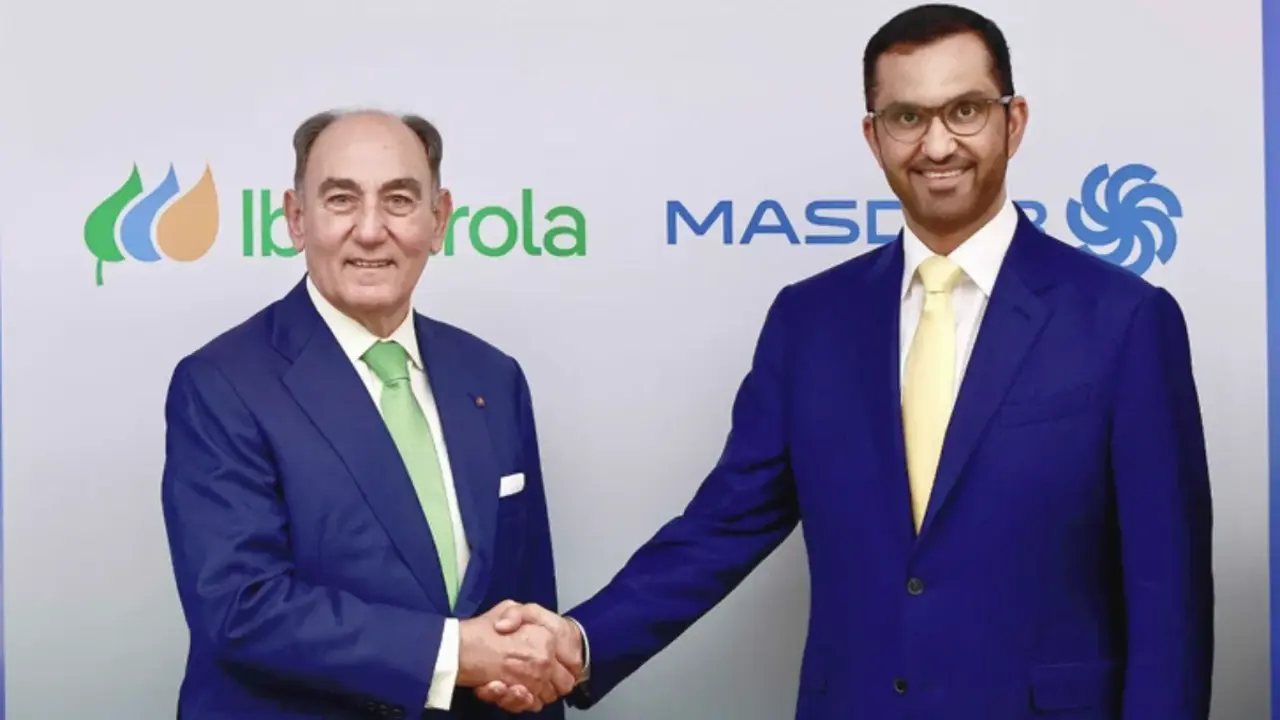Marruecos: impulso económico y desarrollo sociolaboral, objetivos para el período 2023-2026

In the Internationalisation Week IMEX, the Spanish Chamber of Commerce in Casablanca has presented the different legal forms of establishment in Morocco, as well as the tax system to which Moroccan companies are subject and a brief introduction to labour matters on employment contracts for Moroccan and foreign employees. The event was attended by Mr. Alejandro Gabriel Toral Gutiérrez, member of the Board of Directors of the Spanish Chamber of Commerce, Industry and Navigation in Casablanca, and Ms. Fatima-Zahra Naciri, lawyer of Fidupartner Morocco. The Chamber organises more than 50 activities per year of various kinds, such as seminars, debates, etc., in which more than 1,500 entrepreneurs participate, which shows its relevance.
Starting any project in Morocco is becoming easier and more profitable every year. Some 60 companies have formed delegations organised within the framework of the mission in Spain. Fidupartner has participated in trade fairs and exhibitions in Morocco, attending more than 800 visitors interested in developing their business with Spain, resulting in more than 500 meetings. They organise an annual golf tournament in addition to coordinating a gala studio during the holy month of Ramadan. Consequently, its development and growth dynamics are relevant. Its objectives for 2023 are very ambitious. The Chamber opened a branch in Agadir in 2019 and will soon open new branches in Rabat, Kenitra, Meknes and Fez.

The Chamber has sectoral commissions that meet on a regular basis. The Chamber organises more than 50 activities per year of various kinds, seminars, debates, and so on. The two States are also involved in the creation of the Tourism and Hospitality Commission, scheduled for 28 February. The Chamber has amended its statutes and opened access to non-Spanish businessmen to the Board of Directors. For the current year 2023, it plans to organise more than 100 events, an average of 5 activities per month. On the other hand, the Morocco-Spain Economic Forum, held in Rabat, is the beginning of a path of a partnership between two countries, as pointed out by the General Confederation of Business in Morocco (CGEM).
The meeting was a new step towards an economic partnership between Spain and Morocco as required by our neighbourhood, declared the Spanish Confederation of Business Organisations (CEOE) and the Economic Council Morocco Spain (CEMAES) at this forum. The ties between the two countries were also underlined, which are solid and resilient, considering that Spain has been Morocco's leading trading partner for more than 10 years, with trade exchanges approaching 17 billion euros in 2021 despite a hesitant economic situation, although constantly increasing, with double-digit annual growth rates. For its part, the CEOE has indicated that the Economic Forum is a great opportunity for cooperation between the two countries, noting that the Moroccan economy has significant potential, mainly due to political stability.
On the agenda of the forum, the first issue dealt with how Moroccan and Spanish companies can take advantage together of the opportunities presented by the reconfiguration of global value chains and the second with the theme after energy transition, environment and circular economy. As for the High Level Meeting held on 1 and 2 February, the real magnitude for both nations is the symbolism. President Pedro Sánchez highlighted the fact that Spain is now Morocco's third largest investor. This has a direct impact on employment. This reality, he said, is visible in sectors such as textiles, agriculture and the automotive industry, where more than 20,000 direct jobs have been generated. In this sense, today there are 674 Spanish companies with at least 10% Moroccan capital and 529 Moroccan companies, which are subsidiaries of Spanish companies.

This strong business presence has been favoured by the opening of the Moroccan economy to the outside world. In this respect, the President of the Government recalled the importance of the African Continental Free Trade Agreement, signed by most of the countries in the region. Through this agreement, Morocco can play a key role for Spanish companies as a platform for entry into sub-Saharan Africa. Morocco today is presented as the bridge to access this region. The Moroccan system is inspired by the French system. The most common forms of establishment in Morocco are through public limited companies, simplified joint-stock companies, limited companies or branches or permanent establishments, something to be taken into account.
In terms of taxation in Morocco, there are five main taxes: corporate tax, tax on dividends, VAT, the Professional Tax and the tax on the provision of foreign services. If there is one thing the North African country can excel in, it is government management. Every single tax, without exception thanks to the new law of changes passed in 2023, will be progressively reduced. In this way, investment and capital expansion in the Alawi kingdom will increase exponentially. For example, the TVA, the equivalent of VAT in Spain, will be reduced by half for companies with an annual turnover of more than 100 million dirhams; or the Professional Tax, which will exempt the value of rent or property, investments in goods and exports. On the labour front, employment and investment will be further encouraged for Moroccans Resident Abroad (MRE) and conditions will be improved in terms of compensation in the event of the termination of an employment contract.


